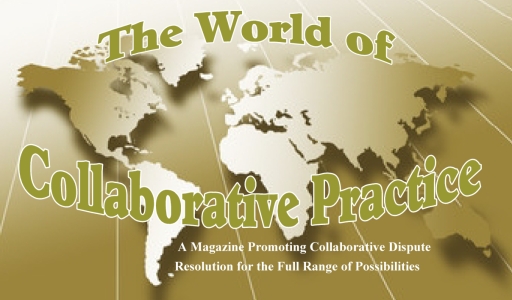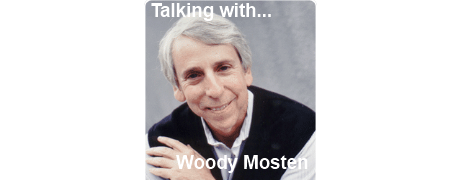Once the clients have used my conflict resolution services “my job as a preventive lawyer is just beginning.” – Woody Mosten This attitude that our work is not ‘done’ simply because the clients are now divorced, or because the parties have reached an agreement, is a key part of the Paradigm Shift involved in Collaborative Practice. Having seen this connection in Woody’s chapter for the upcoming ABA book Reinventing the Practice of Law, I thought I would ask him to expand upon it. Here’s our chat. We’d love to continue this theme with the benefit of your comments! Click here to check out the...
Collaborative Practice in Other than Divorce Matte...
posted by admin
Sherrie Abney and Lawrence Maxwell share what’s been going on and where it can go. Over twenty years ago a Minnesota family attorney, Stu Webb, created the collaborative dispute resolution process. Collaborative Law continues to progress nicely in the family arena. Collaborative law is an exciting tool in the alternative dispute resolution tool box. The process enables individuals, families, businesses and organizations to maintain control over their relationships with others by empowering them with the ability to resolve their disputes peaceably. Why don’t more people use the collaborative process to resolve civil disputes? For the...
Collaborative Practi...
posted by admin
Sherrie Abney shares information about the class she is teaching to upper class law students at Southern Methodist University’s Dedman School of Law. This spring is the second time a three hour credit class on civil collaborative law is being taught at Southern Methodist University...
Tell me about Collab...
posted by admin
These people were chosen by their peers at a training to share their ‘on an elevator’ descriptions of Collaborative Practice as it can be applied to several different types of disputes.
Lessons from when CP won’t work…
posted by admin
What Can We Learn About Making Collaborative Law Work By Thinking About When It Won’t? William A. Wilson, Esq. INTRODUCTION Practitioners of collaborative law, whether lawyers, financial experts or mental health professionals, have an emotional and psychological bias toward the ideology, process and types of outcomes associated with collaborative practice. But not every dispute, and not every party in a dispute, is appropriate for collaborative practice. This article will discuss some examples of situations where collaborative practice will not work- and in so doing, attempt to shed light on when it will. As a preliminary matter, let’s...









Connect With Us!